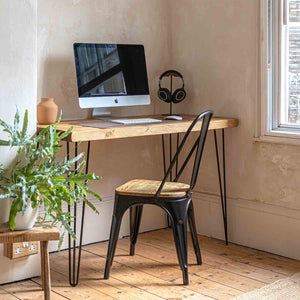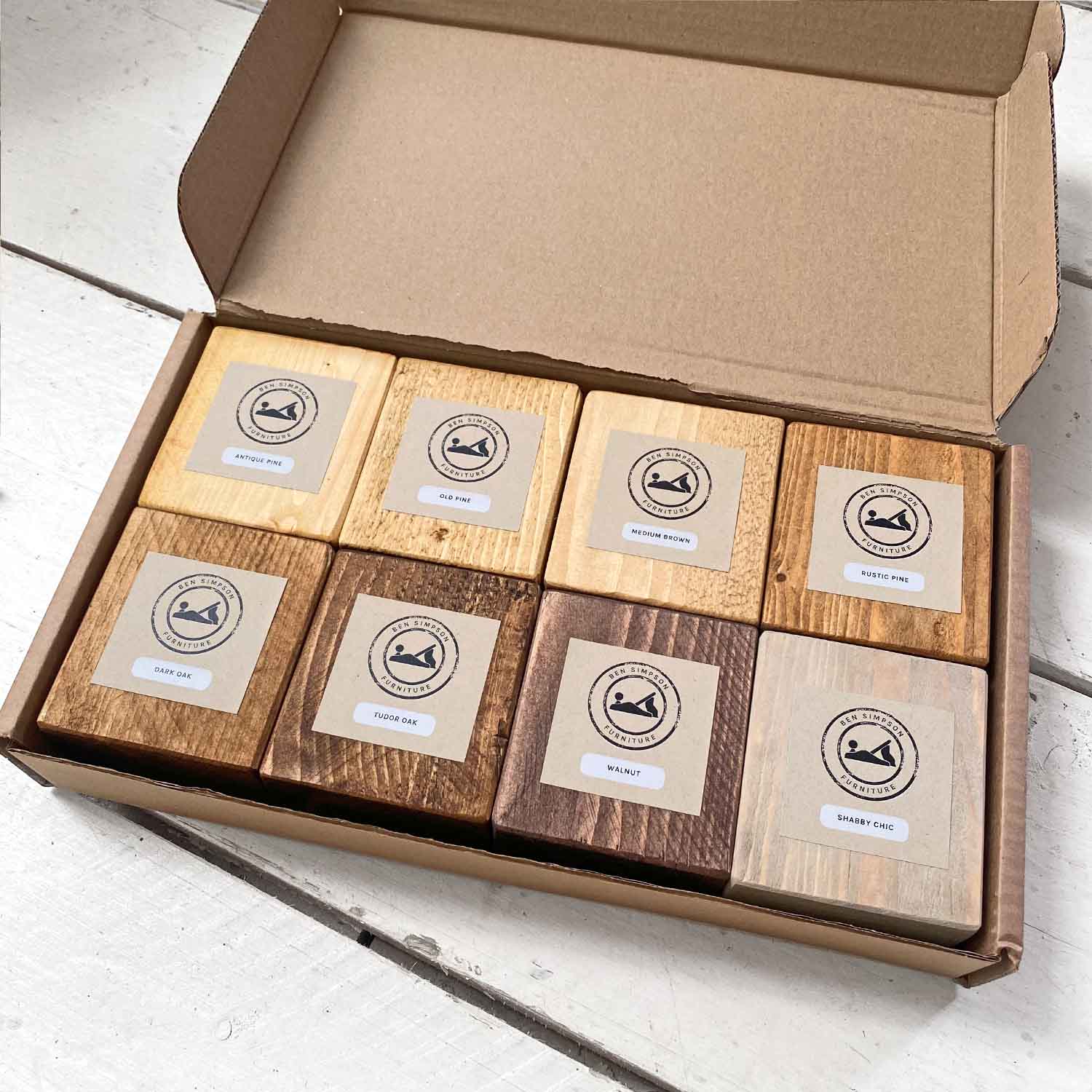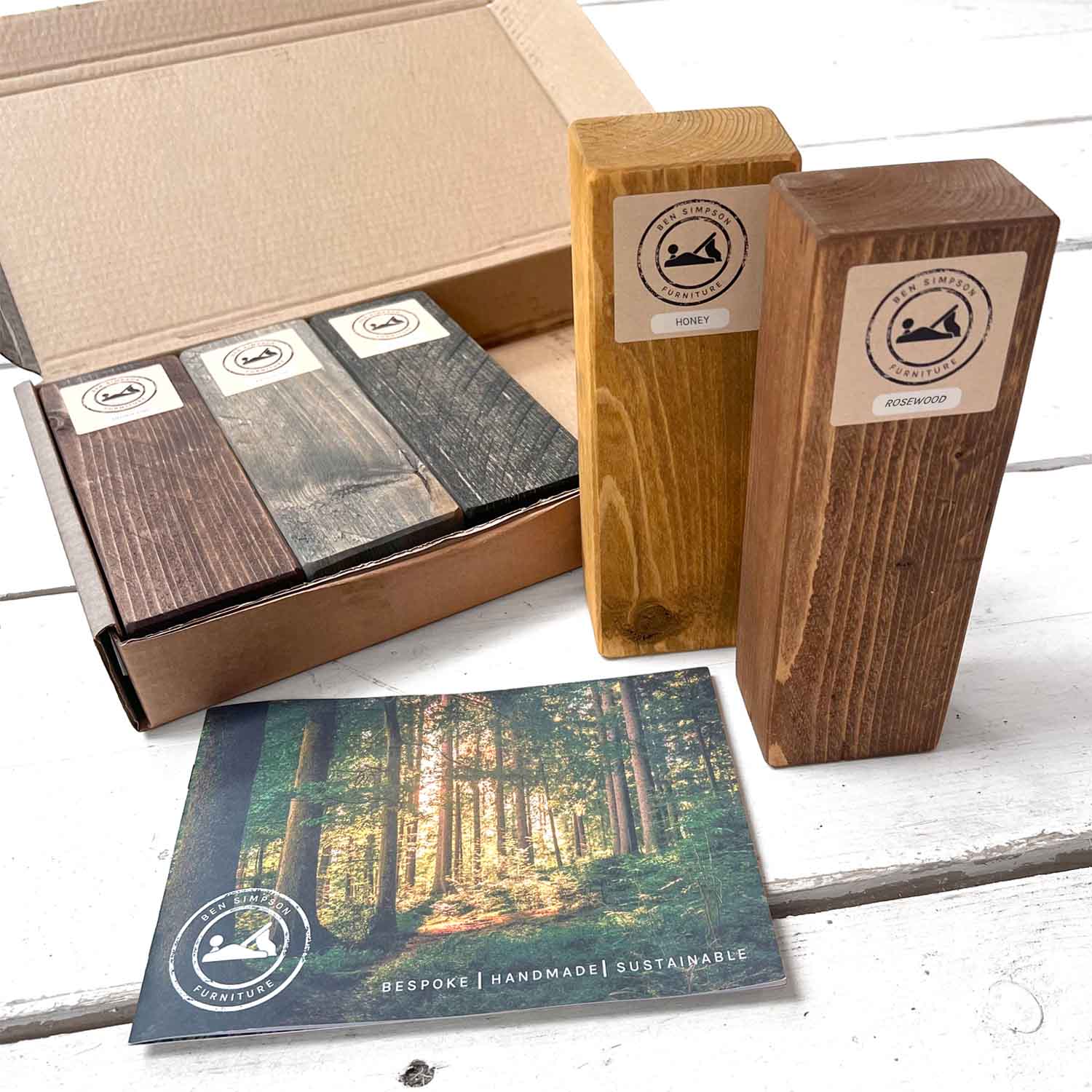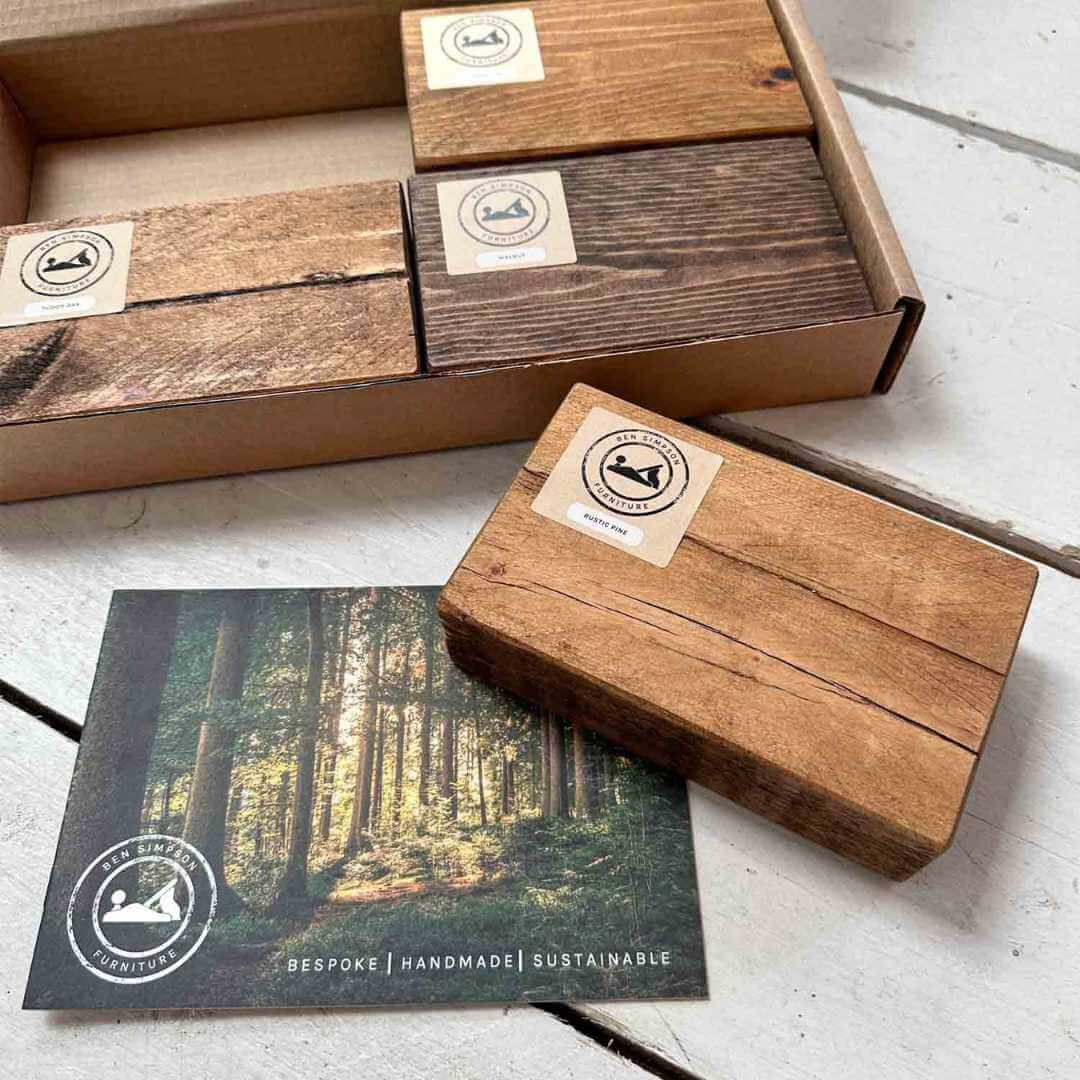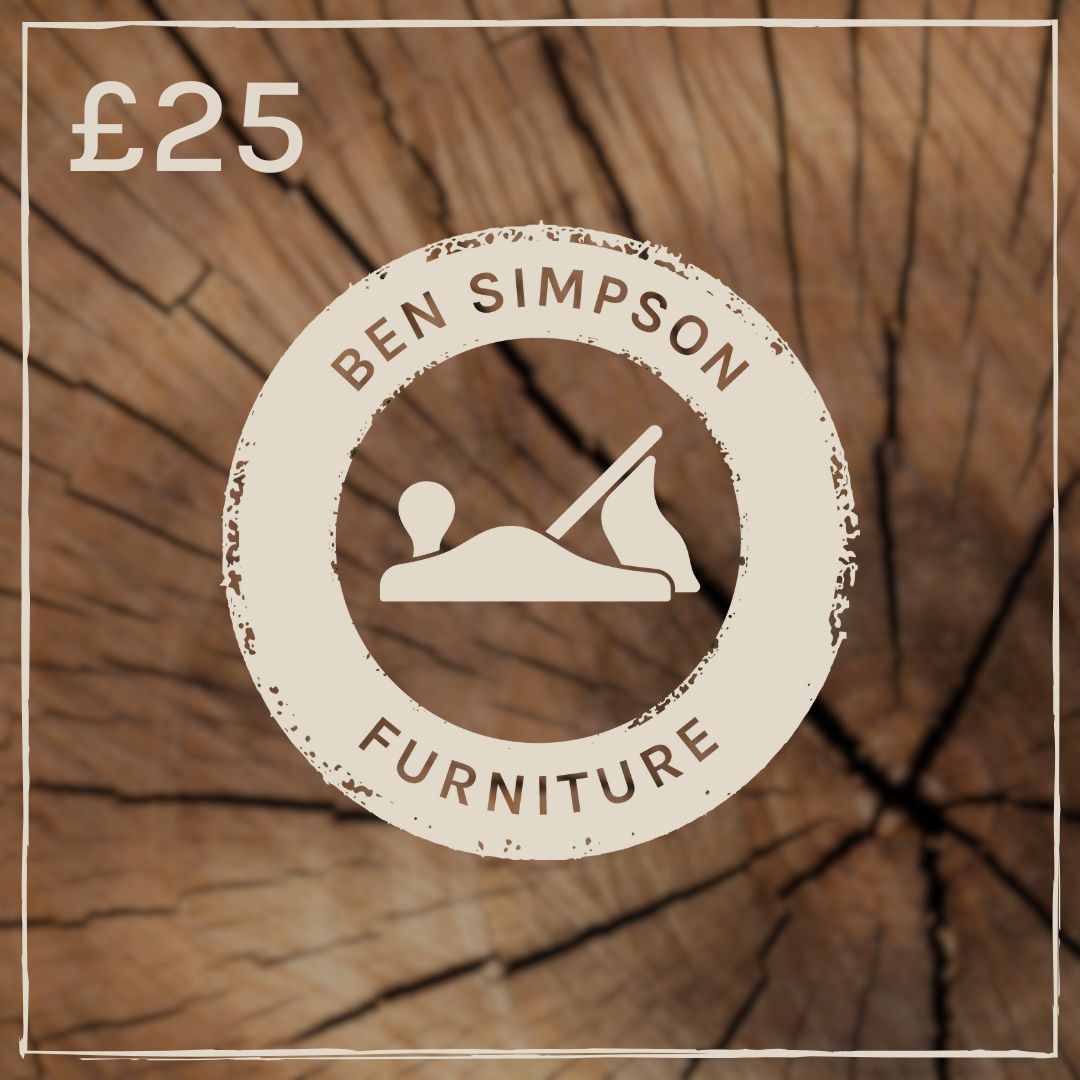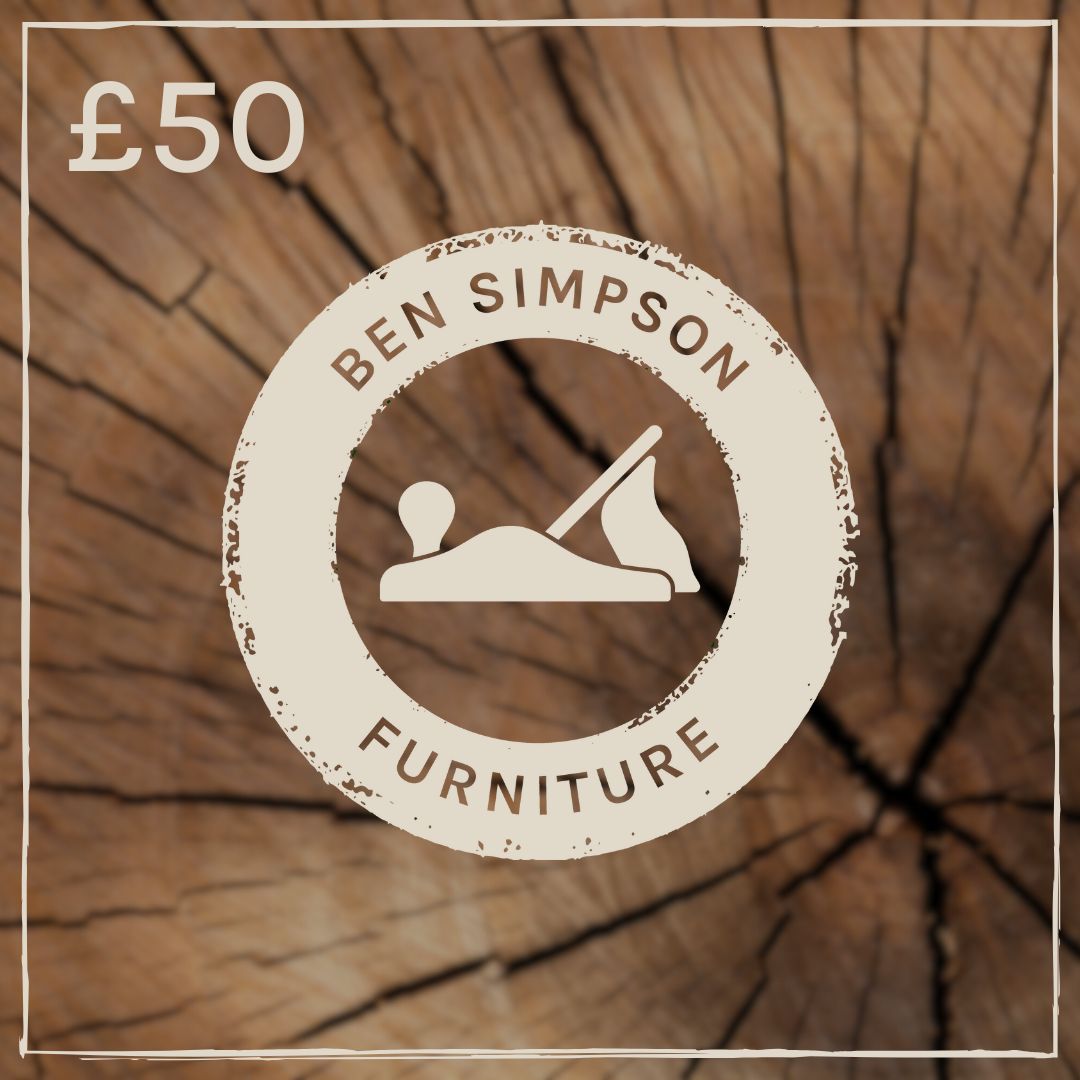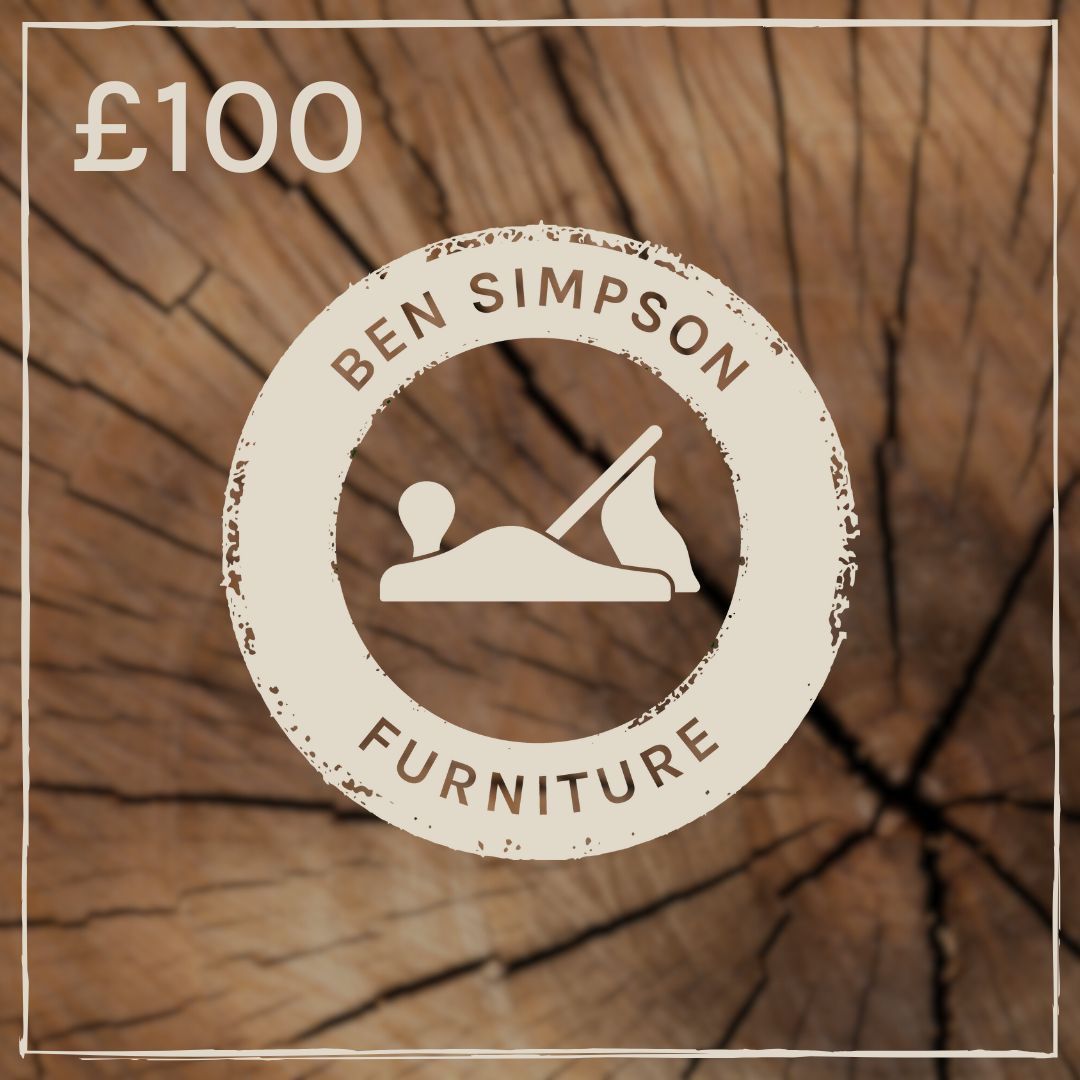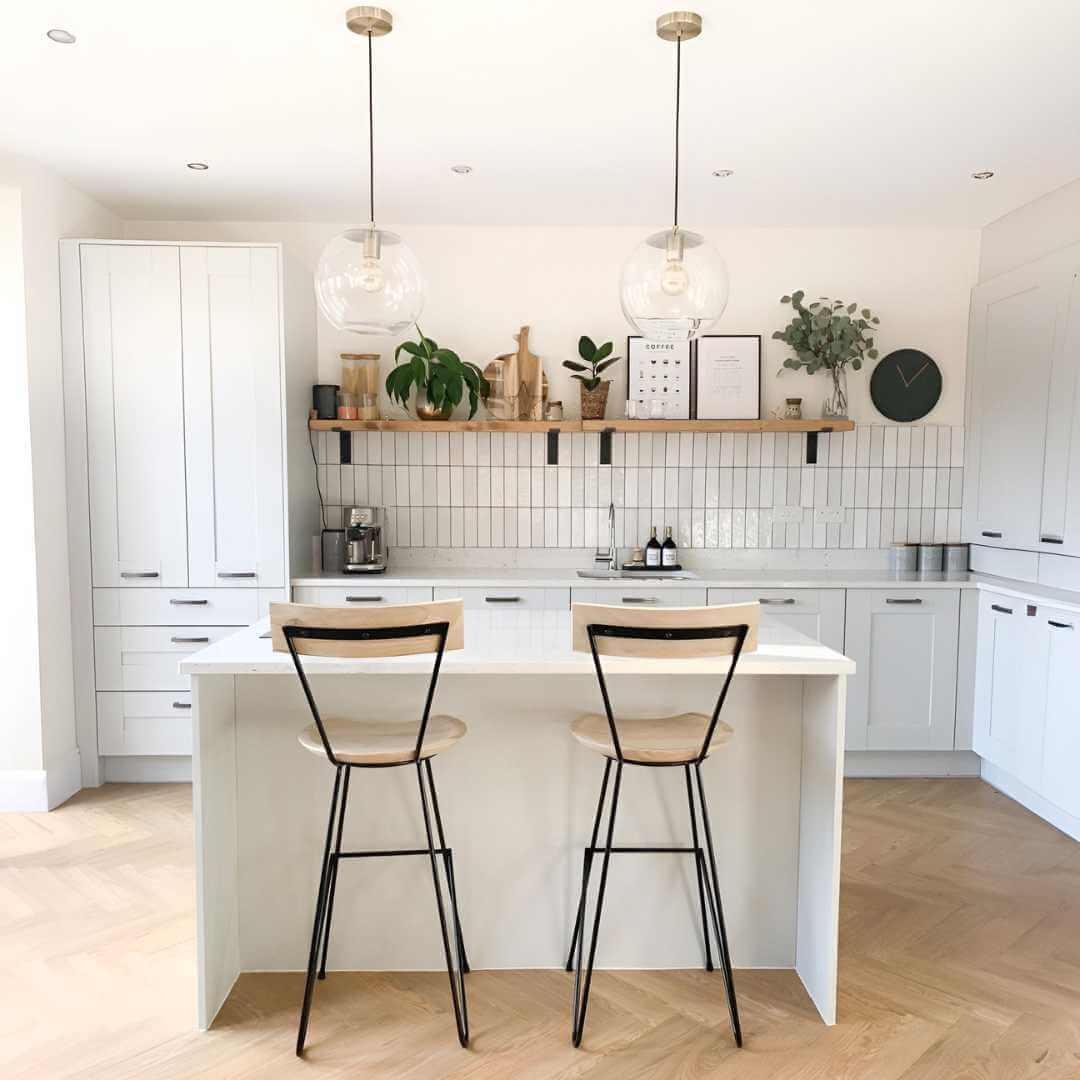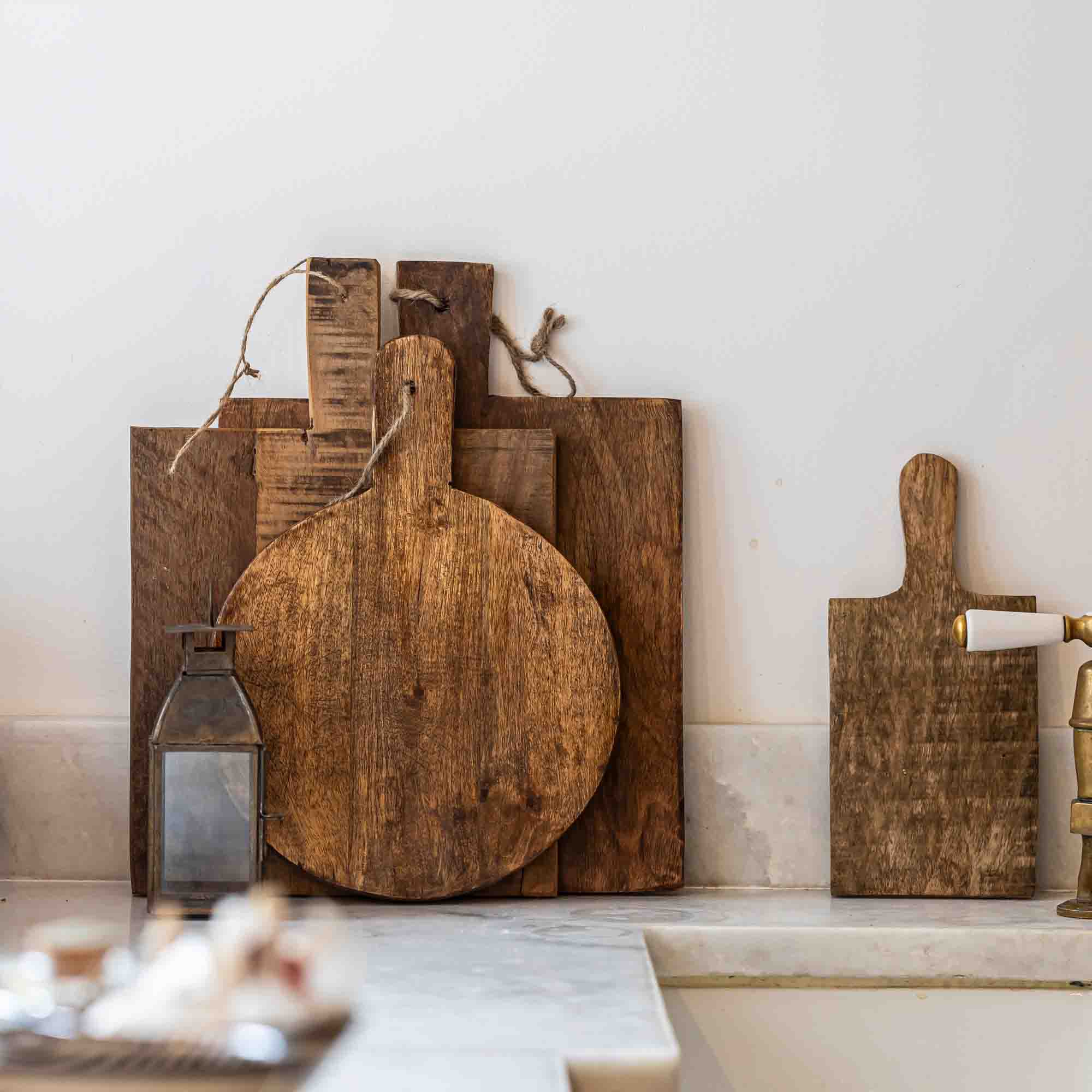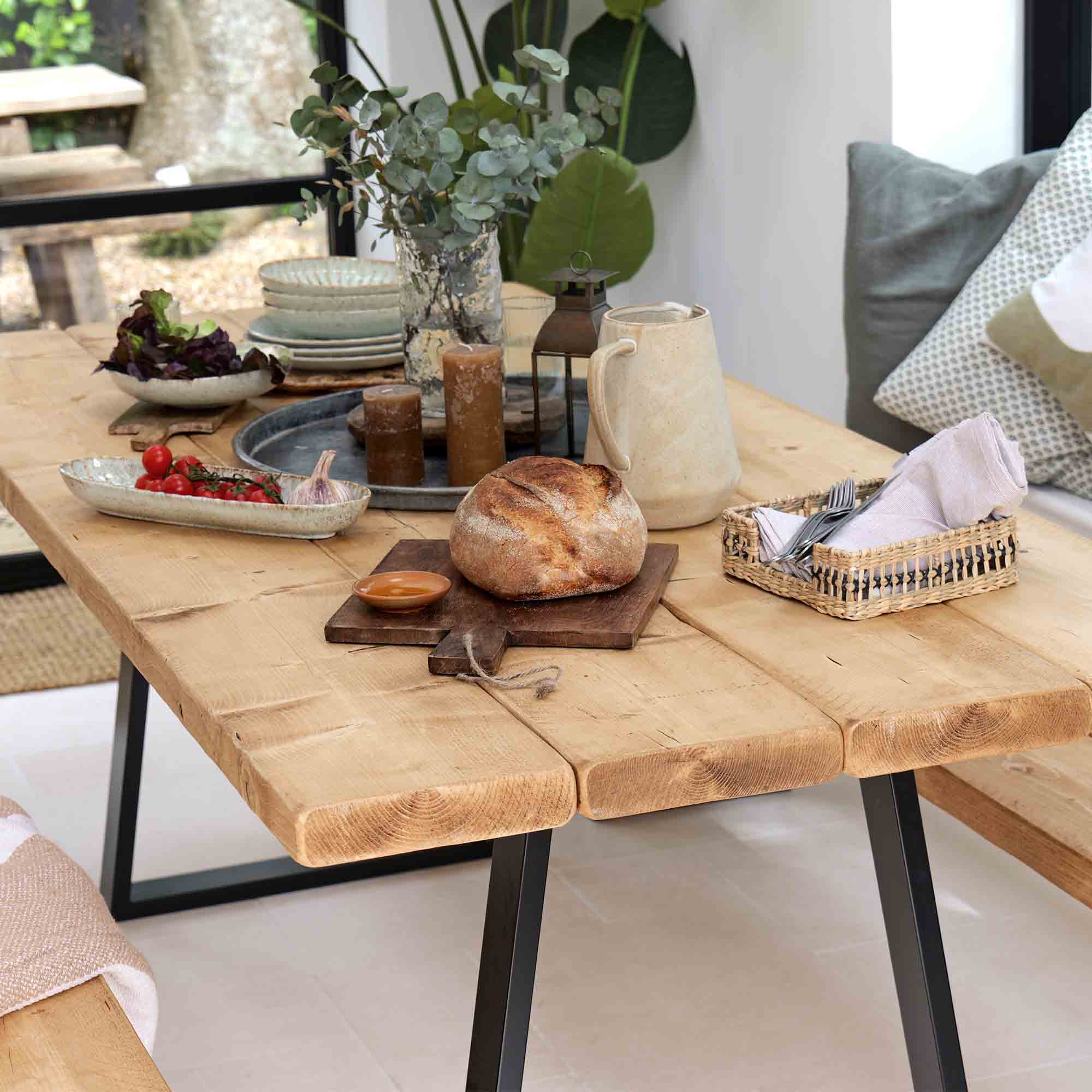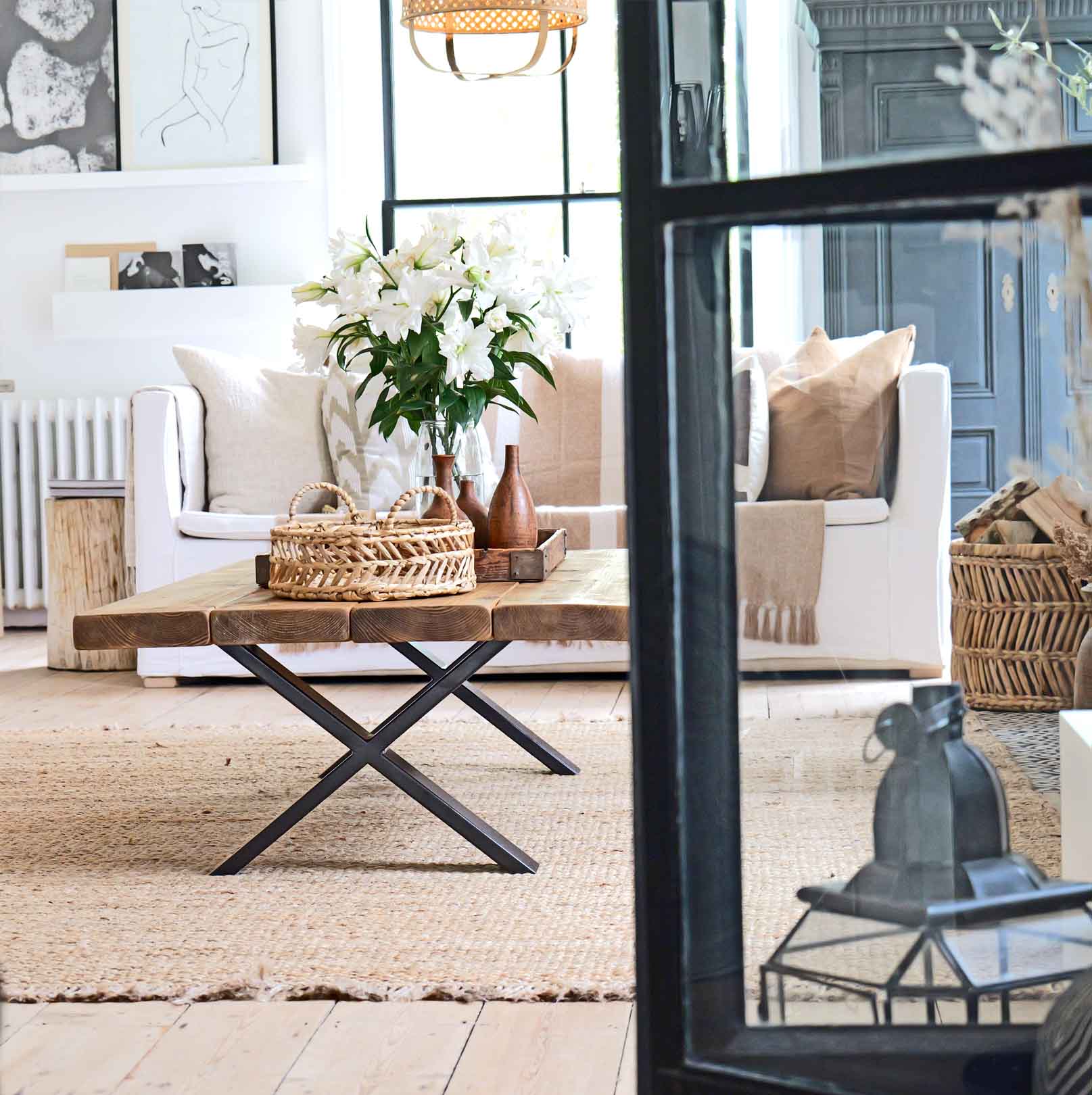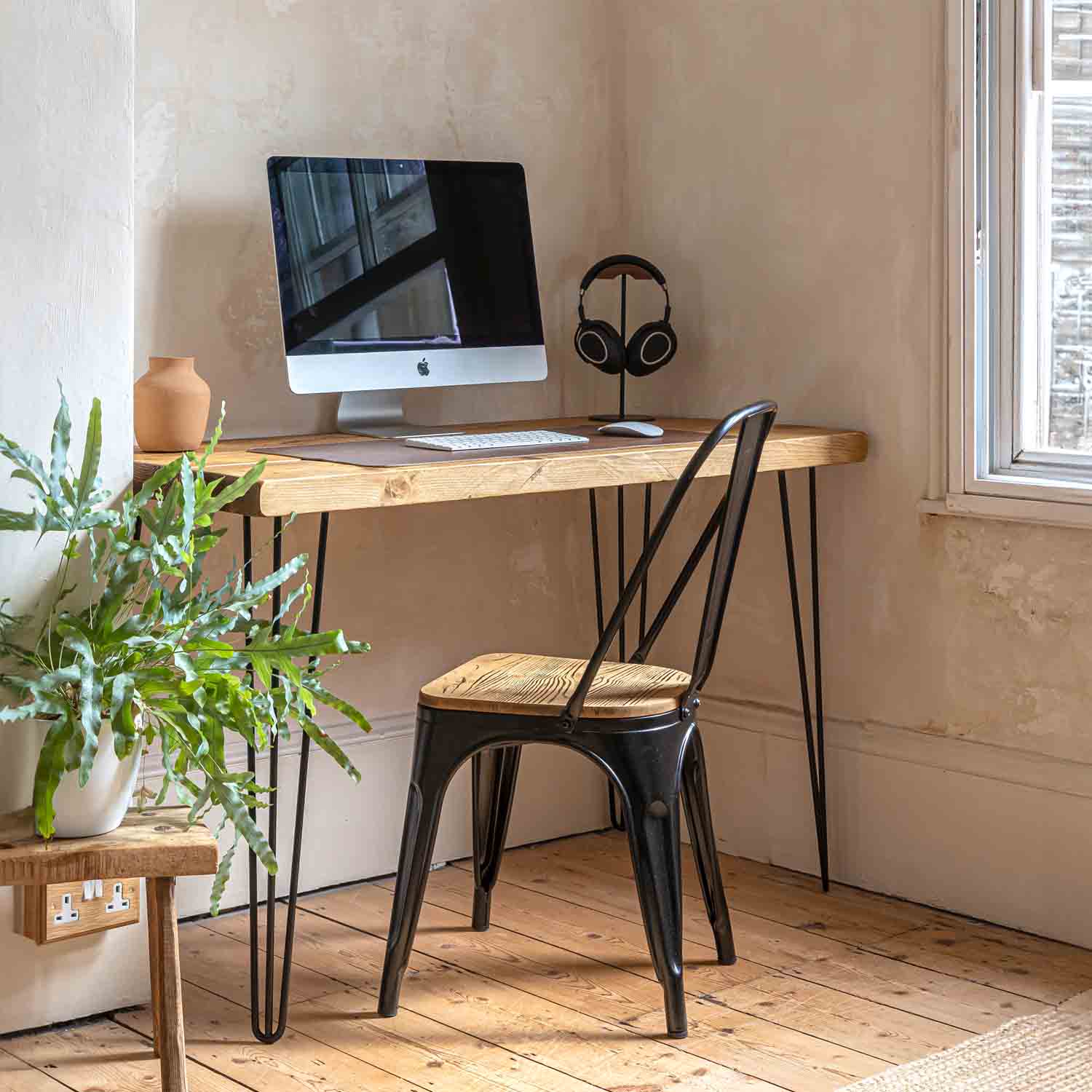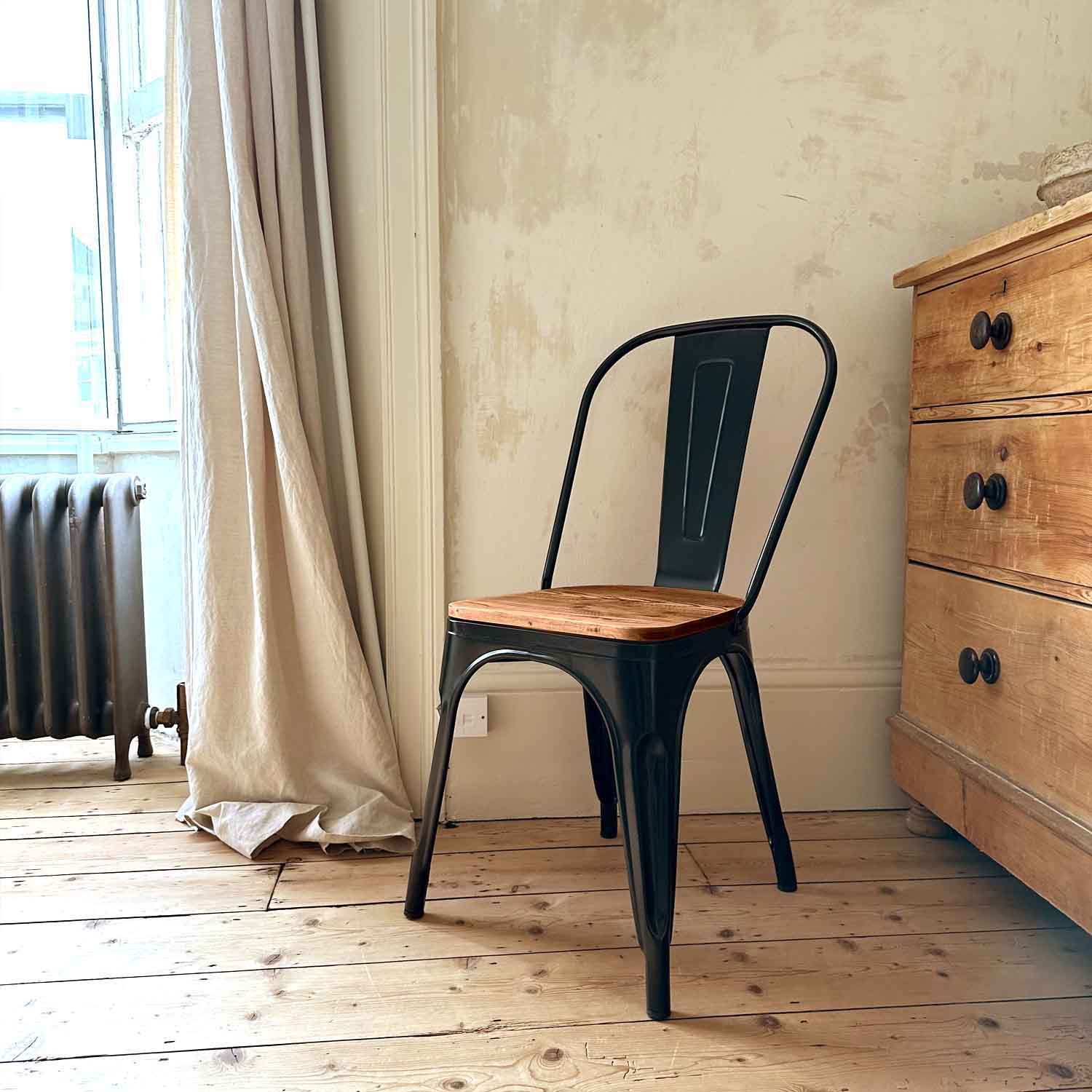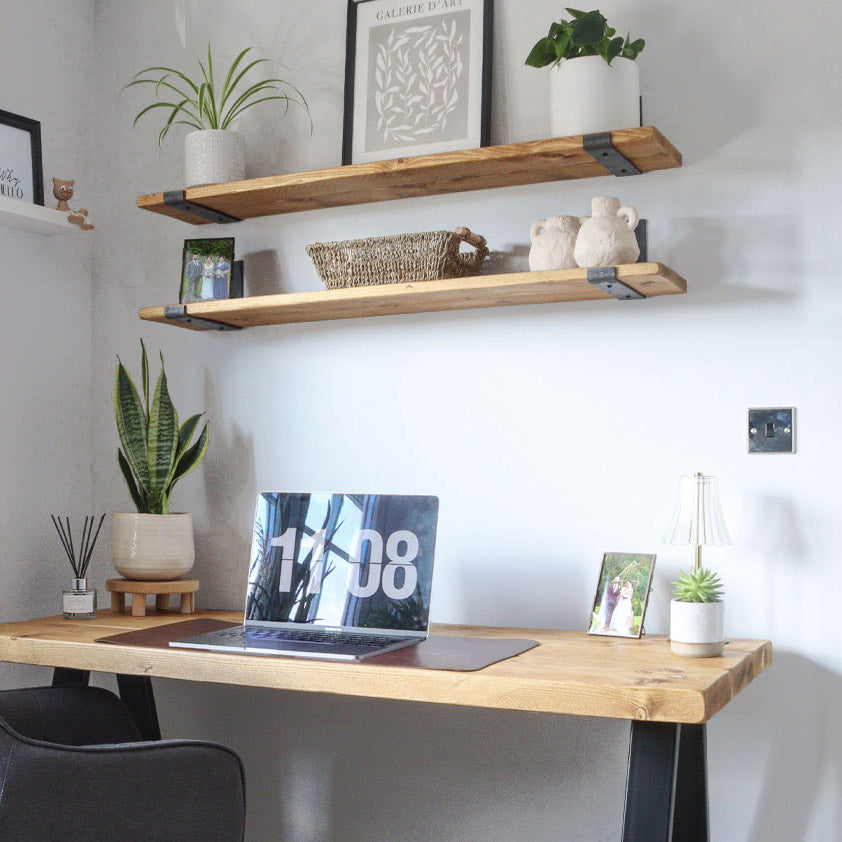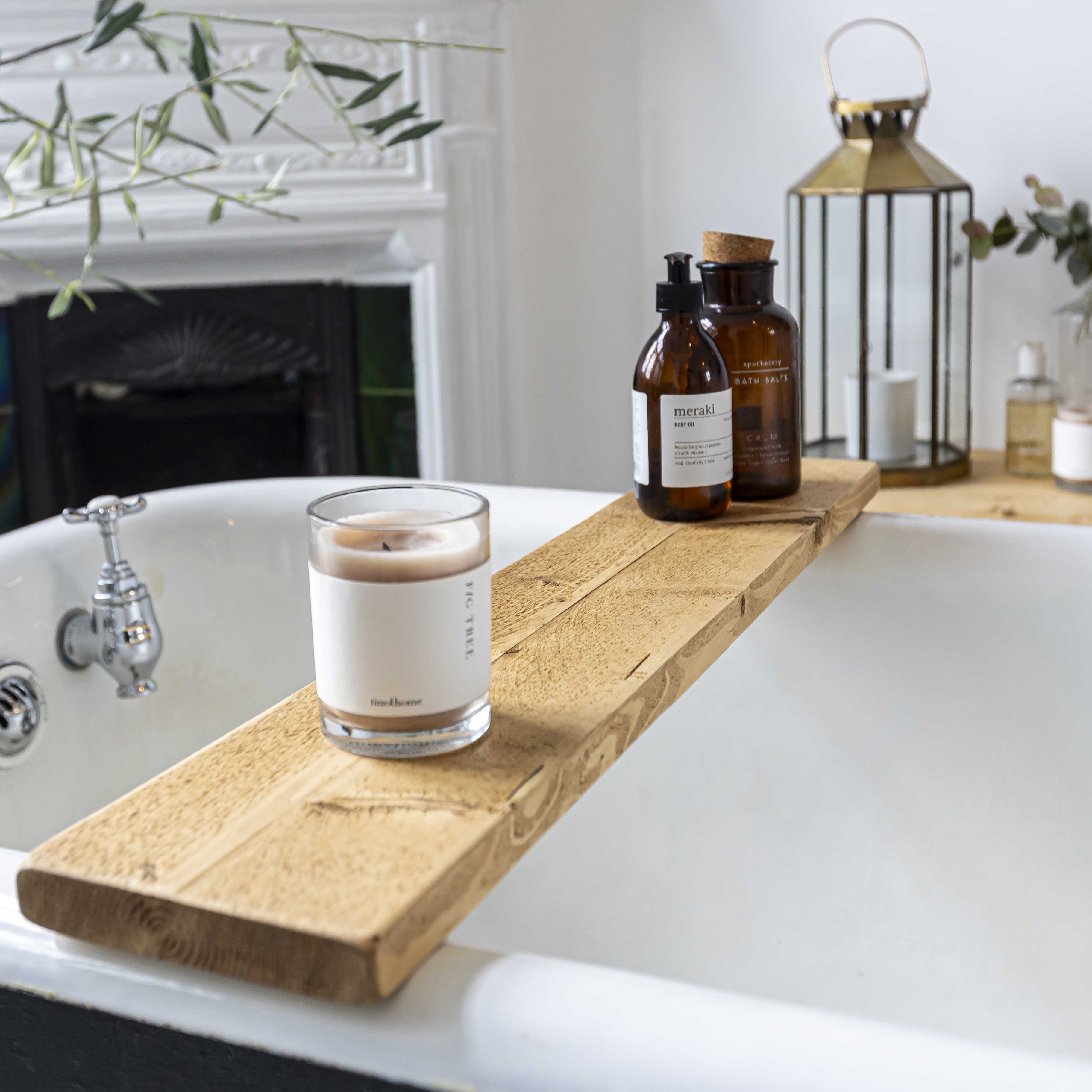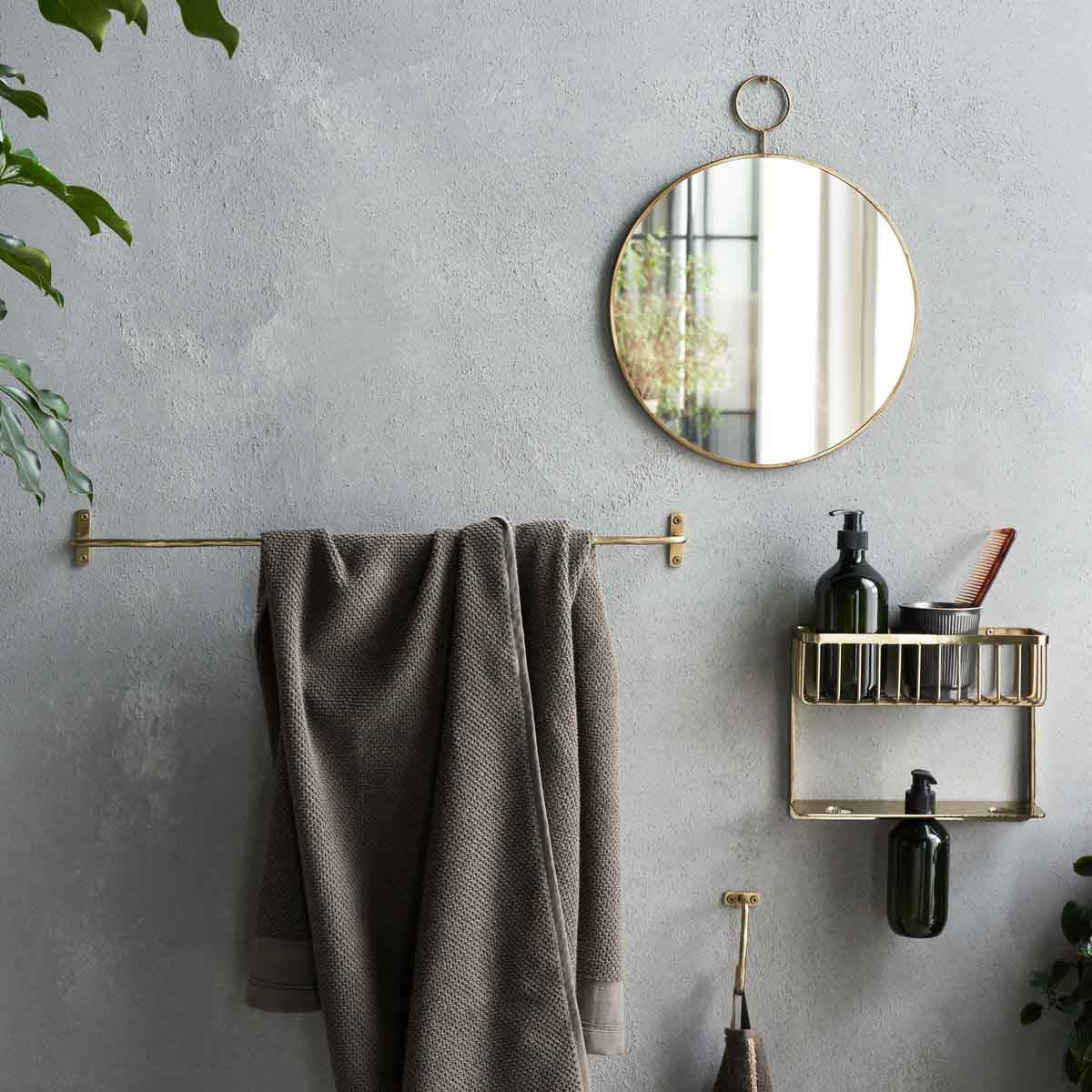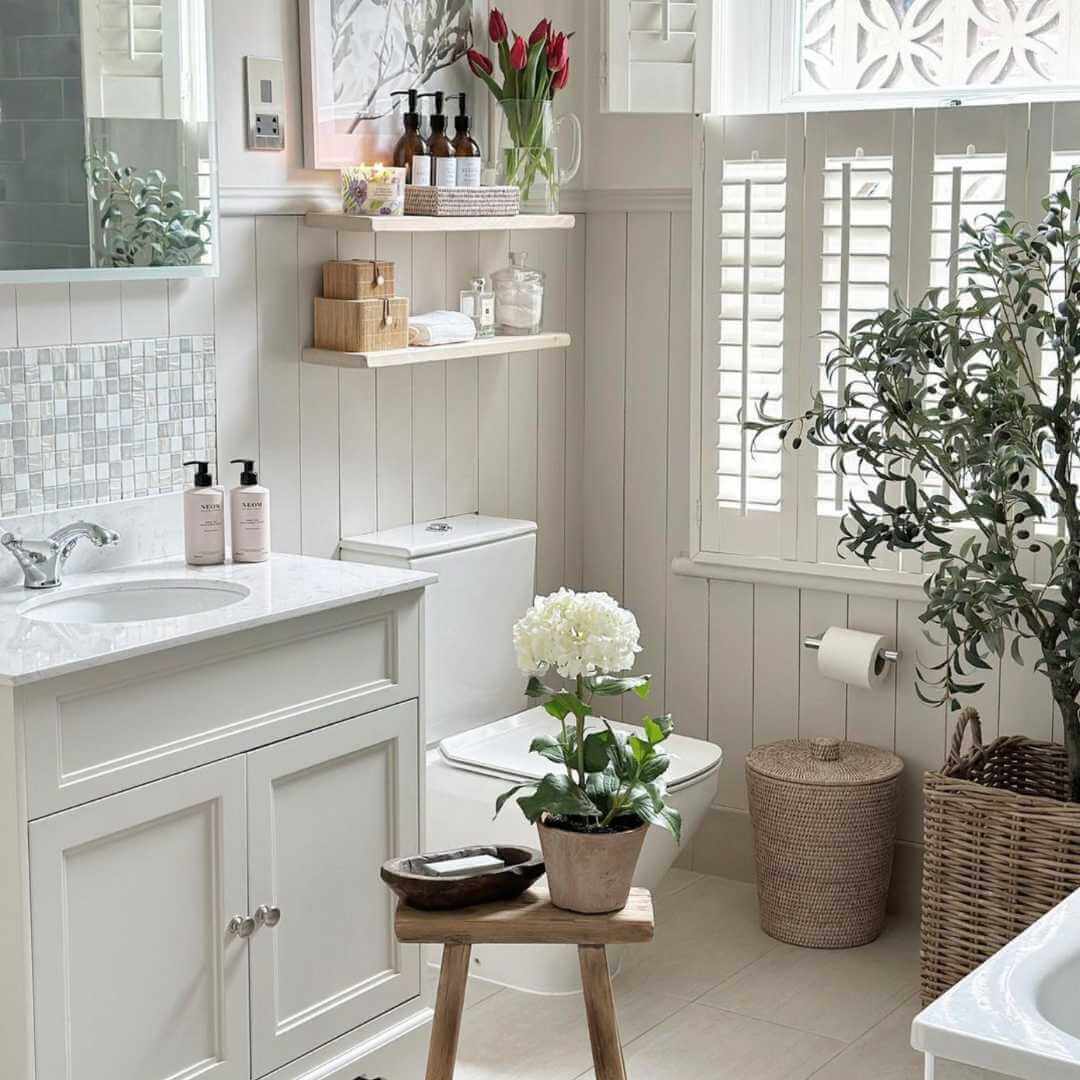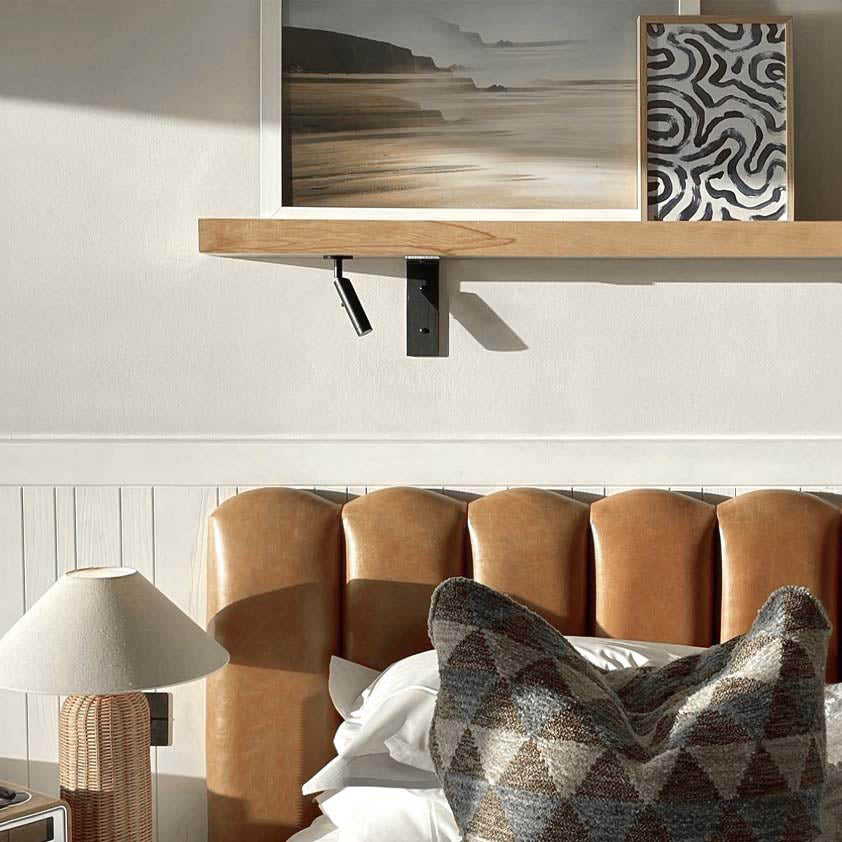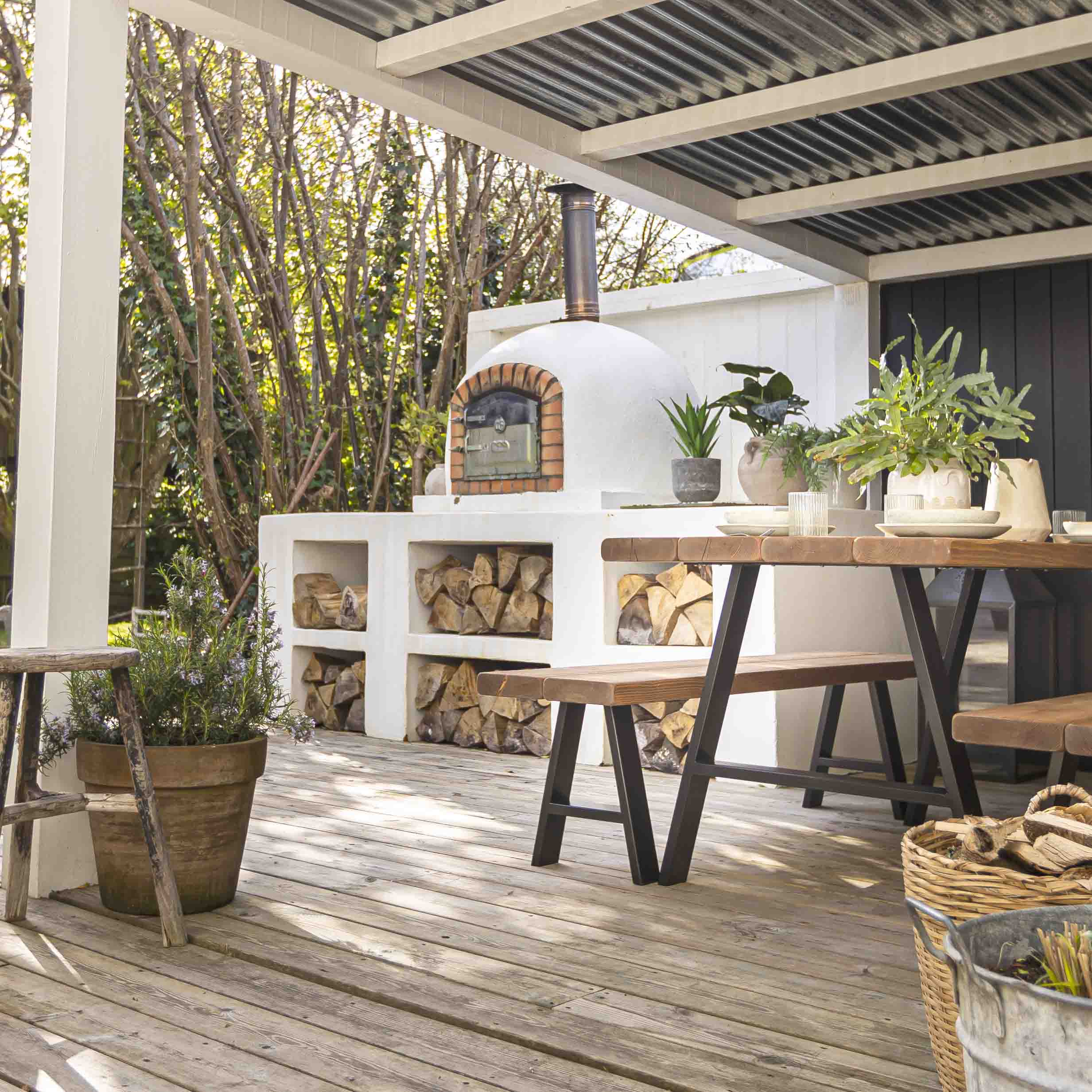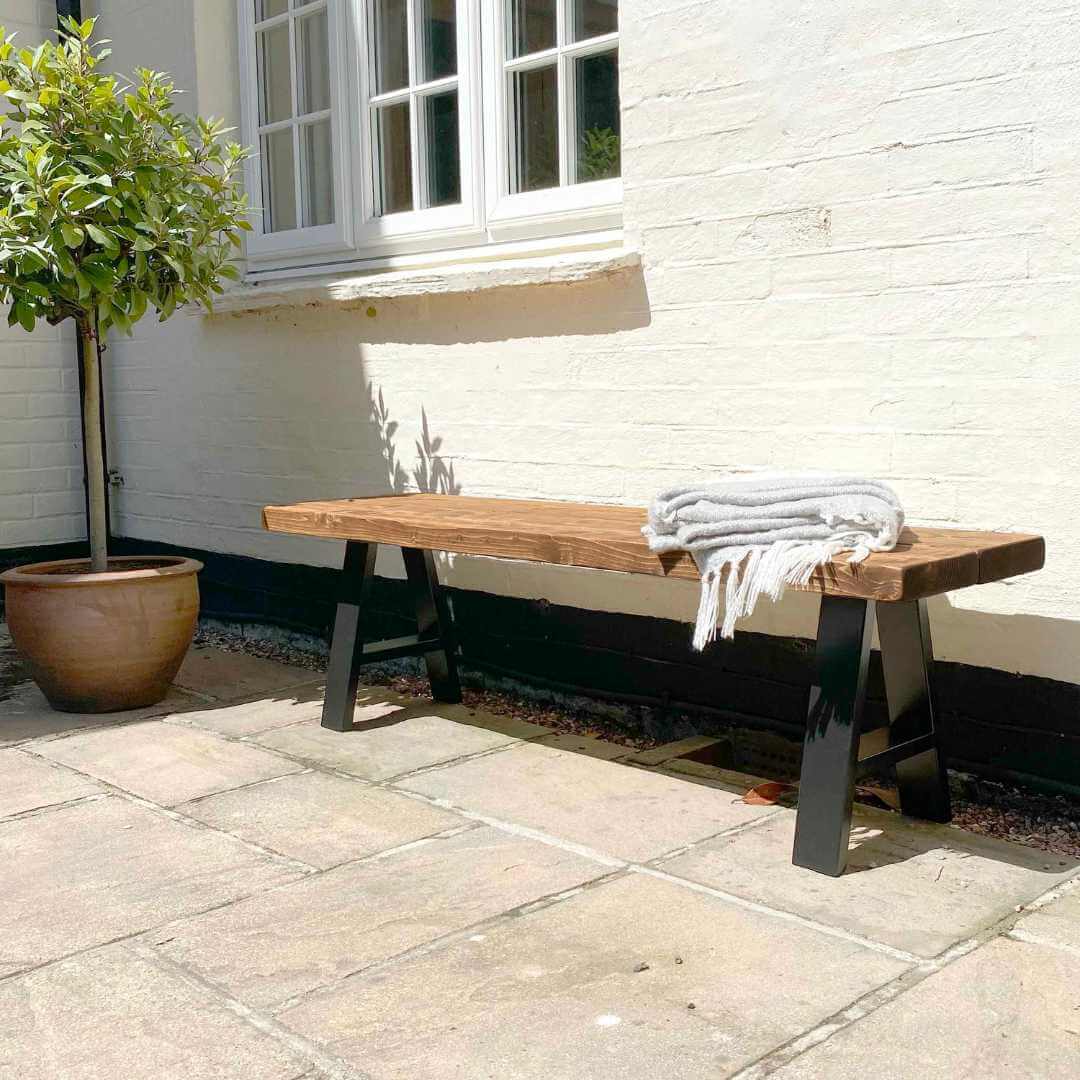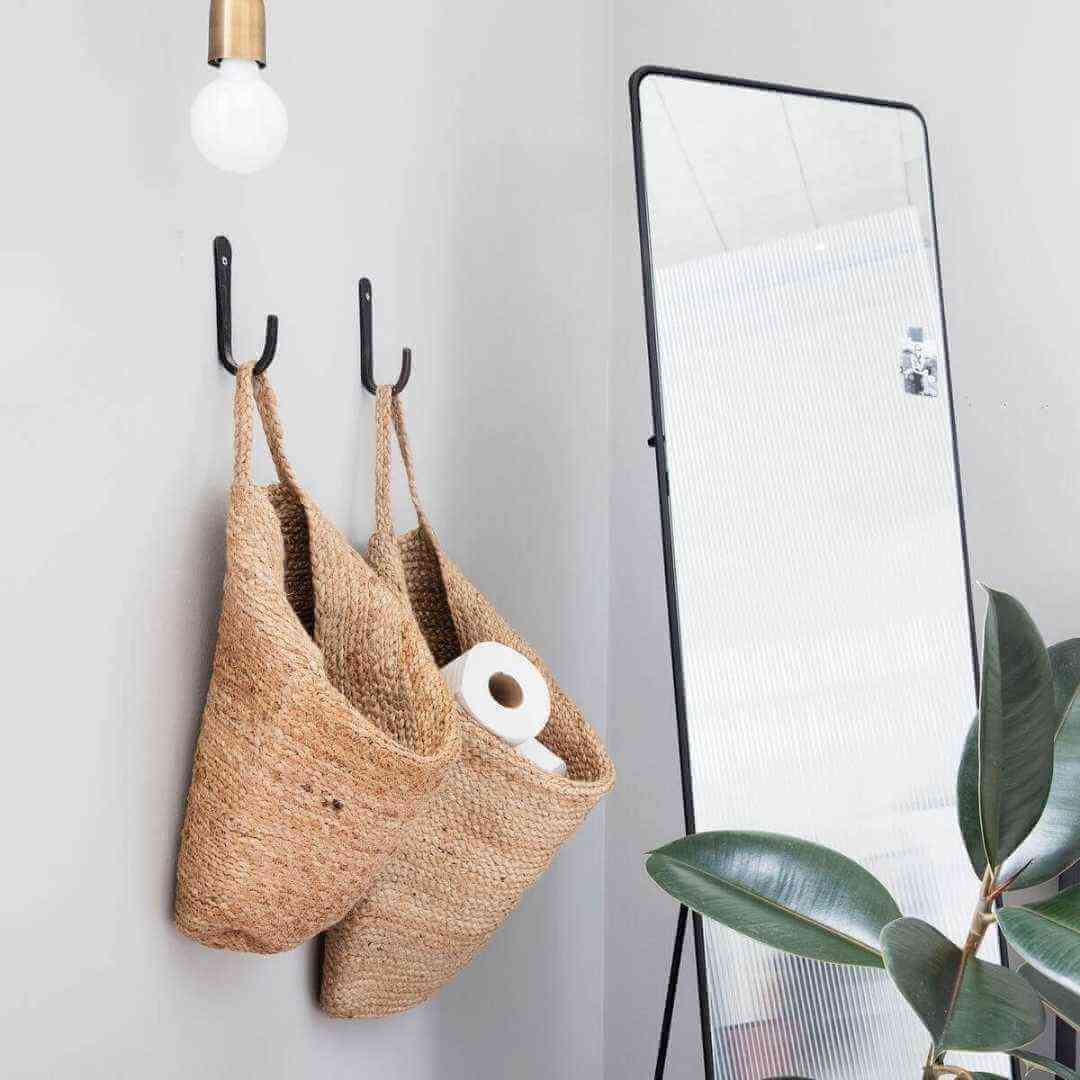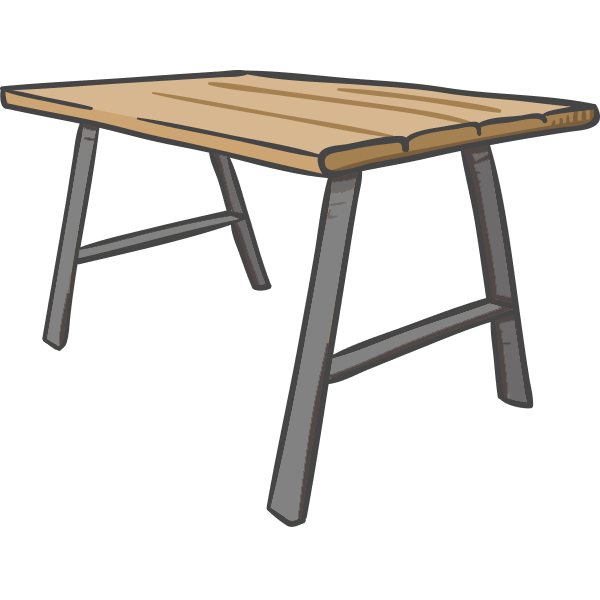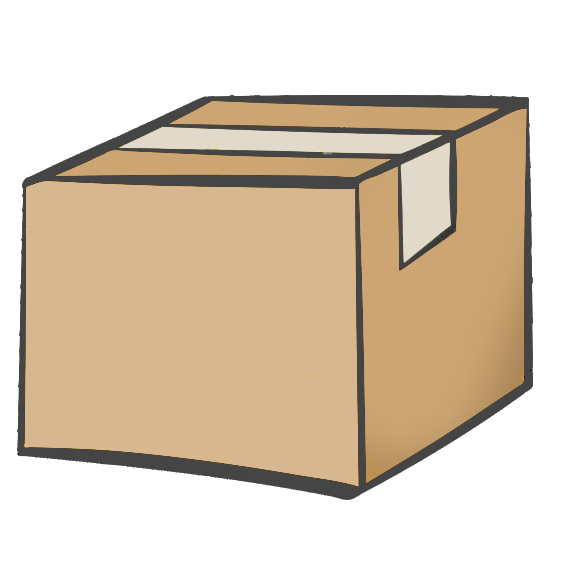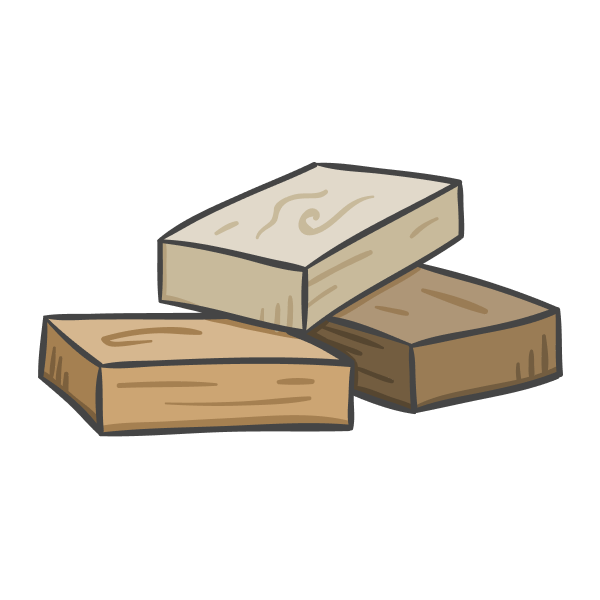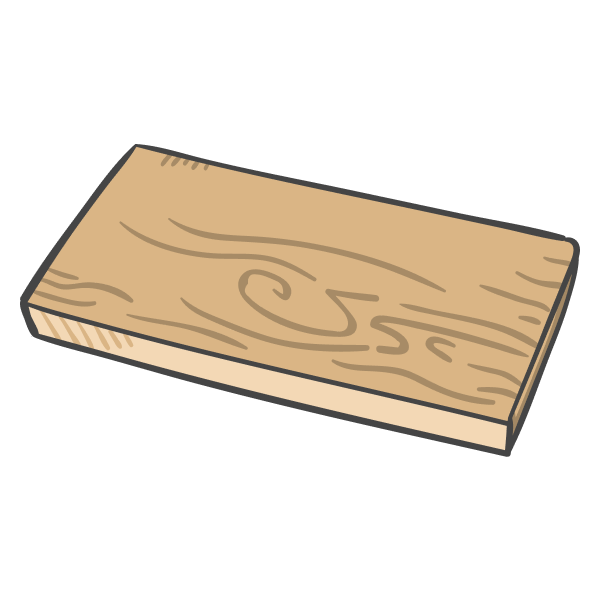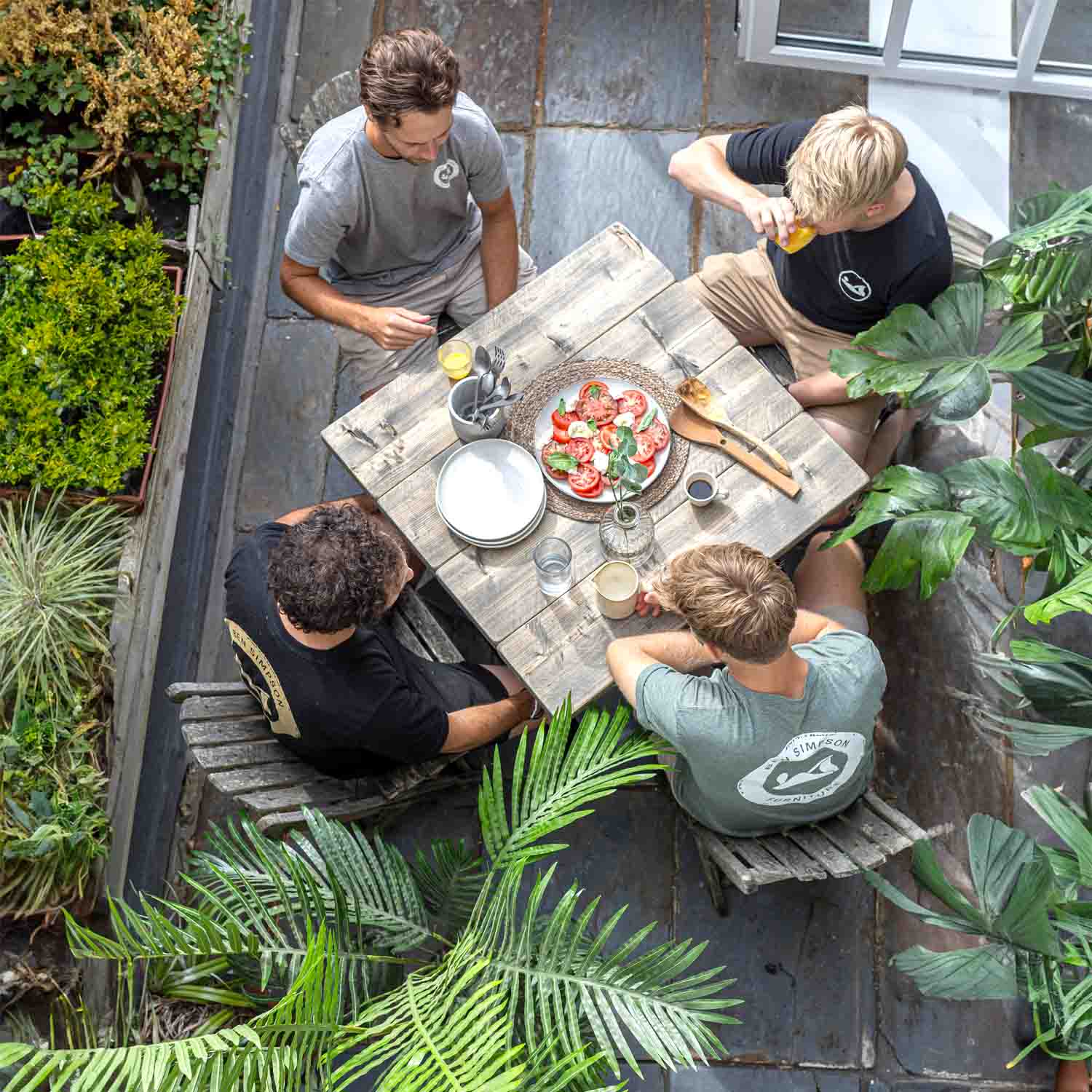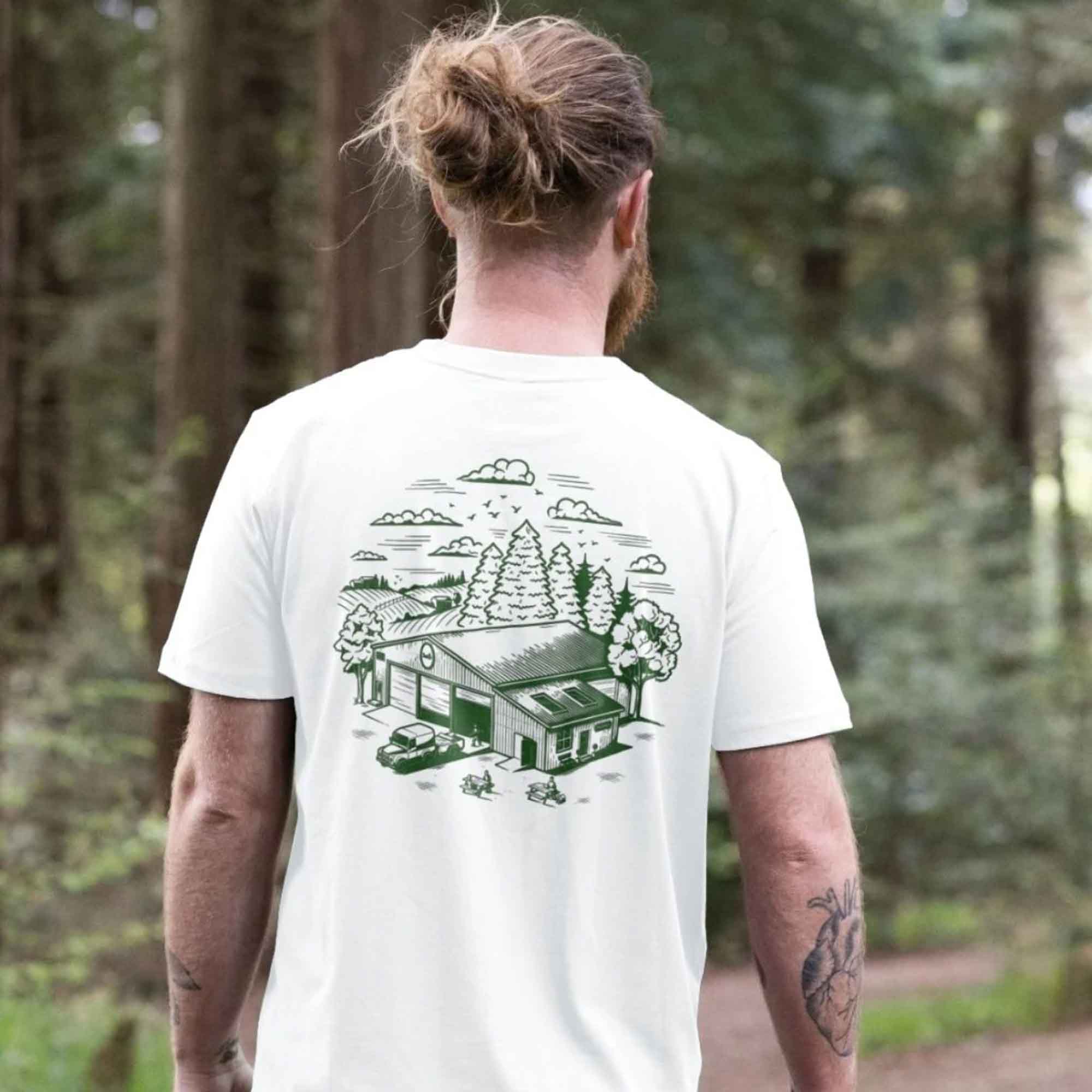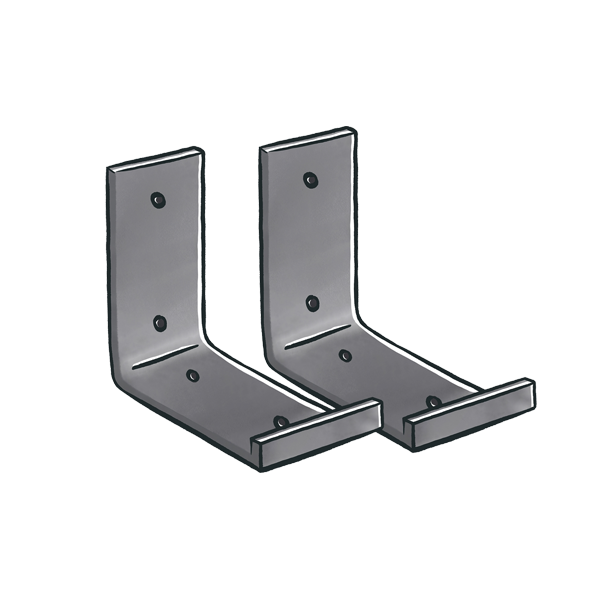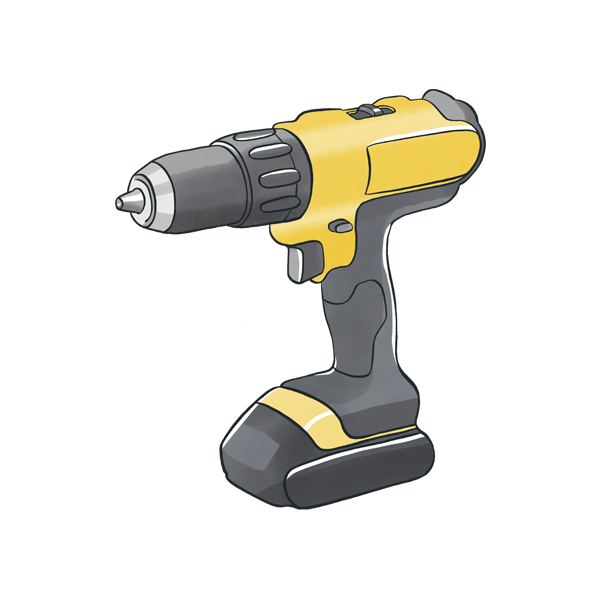Contemporary vs Modern Décor
15 Minute Read
When you’re decorating your home, you might start looking at different styles of design to use as inspiration for one room, or to follow the rules for throughout the home. There’s a lot to understand when you start looking at décor styles though, and while contemporary and modern décor sound like they are the same thing, they’re not – and there are some major differences. If you were to check the definition, the dictionary would suggest that they are synonyms, but when it comes to interior design, the terms aren’t interchangeable, since they refer to completely different styles. Confusingly though, there are some elements that overlap, so in this post, going to be comparing the modern vs contemporary décor styles and thinking about when to use each.
Contemporary vs Modern Decor - What is Your Interior Style?


What is modern decor & design?
Modern design is an unfussy style that is a great choice for people who prefer less clutter around their homes. There is an emphasis on horizontal, and vertical lines, with fewer curves – both with the structure of the home, and the furnishings. Flooring is based on granite, concrete, and wooden floors, but carpet is appropriate as long as it is one colour, or pastel, geometric design. Function is the key element of modern design, and so there aren’t any frills or flourishes included in soft furnishings like curtains or cushions.
Furniture tends to be made from natural materials, using natural wood finishes, and wood veneer, and incorporating reflective elements such as steel, chrome, and glass. Accessories and soft furnishings are usually made from natural fibres too, so cotton, linen, natural wool, and leather are all perfect in a space that makes the most of the modern style.
While modern design has similarities to minimalist design, the minimalist design only includes pieces that have a purpose, and tends to use a monochrome palette. Modern design allows for decorative pieces when they have a use, and for muted, pastel shades to be used more strategically as an accent. Bold, primary colours tend not to be included in homes that stick to the modern style of interior décor.
What is modern decor & design?
Modern style emerged during the early to mid-1900s, and began in the German Bauhaus schools of design, as well as Scandinavian design. But even within the modern style, there are differences to be found – fifty years is a long time in style, even without considering the world events throughout that time that would have influenced designers. With that in mind, it makes sense that modern interior décor from the early twentieth century can look pretty different to those from the 1940s.
What is contemporary decor & style?
Contemporary style is the interior design style that we see all over Instagram at the moment – it is the style that follows current design trends, using neutral colours, bold use of black to ground the space, and bright colours to provide contrast. Flooring tends to be bare and smooth, with wooden floors, tiles, and vinyl being preferred. While it isn’t quite minimalist in style, homes decorated in the contemporary style aim to show off the space, rather than the items within it.
When it comes to furniture, contemporary style has plenty of strong lines. Straight lines, curved lines, and geometrical shapes are all suited to this style, and while items of furniture usually make a statement, current contemporary styles are also simple and uncluttered. Natural, unadorned pieces, that mix wood with metals are perfect – our hairpin furniture, and box frame furniture work well in contemporary designed homes.
Although the ‘less is more’ approach means that decorative pieces are few and carefully curated (the perfect #shelfie didn’t start trending on Instagram out of nowhere!) so that they complement the room well. Accessories are used to create visual interest in a contemporary home, so look for pillows, blankets, rugs, and curtains in different textures, but don’t include ruffles, tassels, and fringes. However, with contemporary style, rules can definitely be bent, so don’t agonise over whether you should, or shouldn’t include a certain piece – if you love it, go for it.
Where does contemporary décor get the look from?
Initially, contemporary style began to appear in the 1970s, as a combination of styles including modernism, postmodernism, art deco, futurism, and more. Although contemporary style first emerged then, today’s contemporary style doesn’t resemble homes that were styled this way in the 1970s – because contemporary style continues to develop and changed based on what is on trend now. Today, in contemporary interior design, we see elements of Scandanavian style, as well as industrial style, as well as shabby chic, and country trends that have been adopted over the past few years.
Defining features of Contemporary style
- Draws from a variety of styles based on what is trending
- Decorative pieces tend to be ornamental
- Contrasting colours feature heavily, with black and white used heavily
- Lines are less stark, and incorporate more curves
- Many of the latest trends are included
Contemporary vs Modern Decor: Are there any similarities?
Because of the current trend towards Scandinavian design, some contemporary styling definitely overlaps with modern style, with features and decorative elements that could equally be applied to the modern style. That’s because of where the modern style originated – in Germany and Scandinavia. So, there’s one thing to make things confusing!
To make things even more confusing, there are definitely some overlaps when comparing moder vs contemporary decor - and it makes sense. Since current contemporary design trends are about comfortable furniture, with clean lines, and without many intricate details or decorations. Both styles incorporate furniture that has reflective surfaces, so glass, metal, and polished woods are all perfect – and furniture that mix materials are suited to both styles.
Both styles also include lots of wood as elements of design, so leave wooden beams, and other structural elements around the home exposed, and in their natural colours – natural finishes are favoured over painted effects. In current contemporary styles, furniture tends to be simpler, but the rules for what is classified as ‘contemporary’ are also much less rigid, and so a particularly ornate piece of furniture can be added to a space and still work.
The big differences are around the use of decorative items, and the use of colour. In the modern style, decorative pieces need to also have a function – so an ornate bowl would have to be put into use, maybe as a fruit bowl, whereas in contemporary styles, decorative pieces are purely there to look good. When it comes to colour, the modern style uses neutral shades of white, grey, beige, and pastel shades, while contemporary looks are more about contrast, with black and white, and accents of bright, bold colour that is designed to pop against those paler backgrounds.


Contemporary vs modern décor: Which is better for my home?
Both styles can look great, and interior décor is a matter of personal taste, as well as taking into account the age and style of the home. So although we’d never encourage one over another apart from in our own homes, there are times when one is more appropriate over the other.
For houses that were built in the first half of the 20th century, homeowners that want to play up the modern features of the home might choose that particular style – those open plan spaces, large windows and so on. Although the modern style of décor tends to be associated with a particular time period, it is generally considered a classic choice now – and so decorating in the modern style allows your choices to be less impacted by trends.
Individuals that love to follow current trends and like that to show in their homes, the contemporary style is more appropriate. However, it is important to note that, with the emphasis on trends, as time goes on, what is considered contemporary will continue to evolve too. If you’re considering decorating your home in the contemporary style, and want your home to continue to be considered contemporary, you’ll need to update much, much more regularly than if you chose the modern style.
Final Thoughts
Whichever style of décor you decide to choose for your home, the heavy emphasis on natural materials such as wood, combined with metal and glass in both styles means that you’ll find furniture to suit both styles in our range. You might be looking for the perfect desk, a coffee table that makes a statement without being over the top, or a simple bench for a hallway, or maybe a simple floating shelf for an ornament to sit on – just a few suggestions, but head for our store to see more options.
When you’ve completed your home redesign, don’t forget to tag us in your Instagram posts @bensimpsonfurniture – we love to see your home glow-up projects, and to share them with our followers!
Follow our Instagram
Tag @bensimpsonfurniture & join our community!
Related Posts...

What Length Mantel Looks Best?
Ben Simpson Furniture

Sustainable Christmas Decorations For The Home
Ben Simpson Furniture

How to Decorate your Christmas Dining Table
Ben Simpson Furniture

10 Eco-Friendly Fireplace Styling Ideas to Warm Up Your Space
Ben Simpson Furniture

What’s The Perfect Size Desk For A Home Office?
Ben Simpson Furniture







